Home>Gardening & Outdoor>Pool & Spa Care>Who Invented The Hot Tub
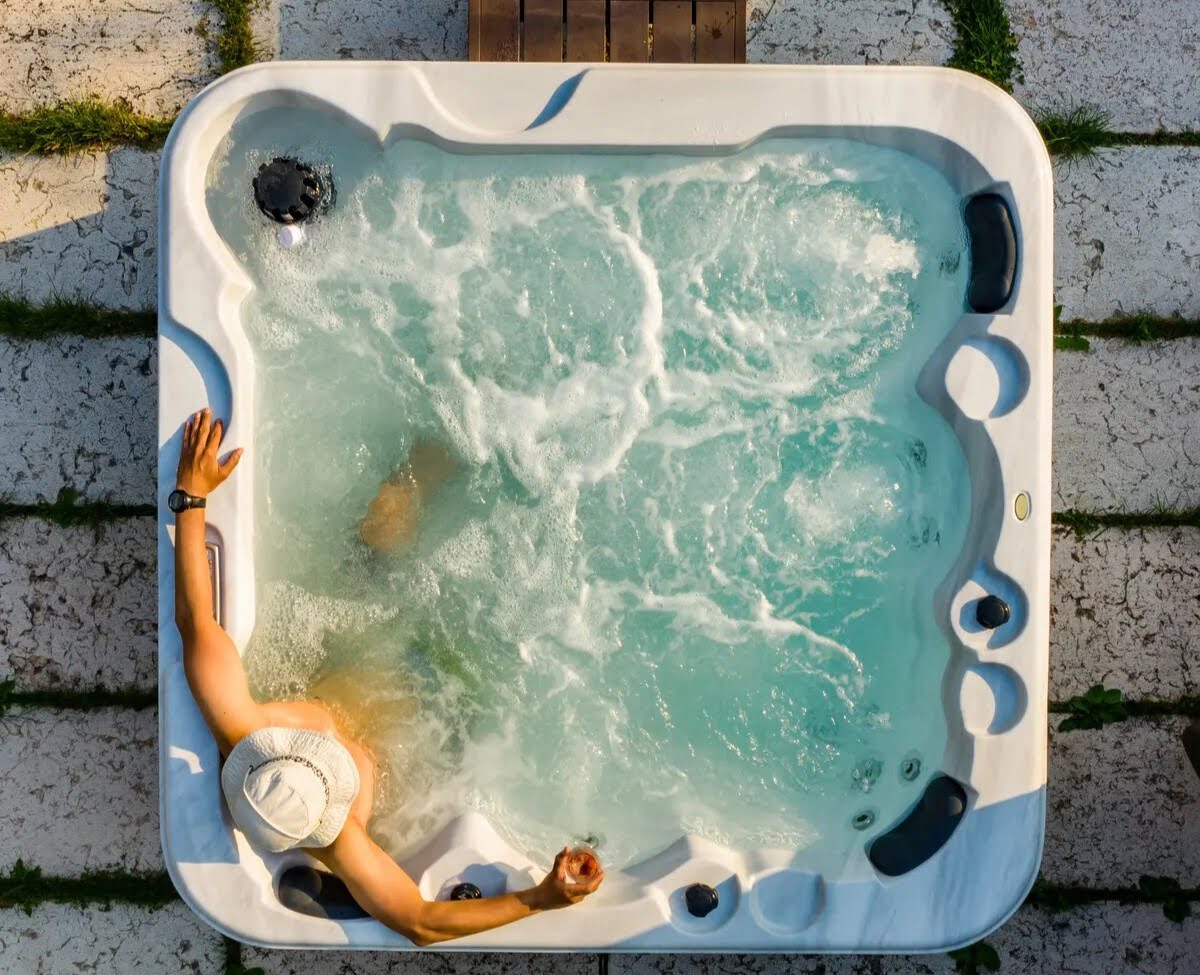

Pool & Spa Care
Who Invented The Hot Tub
Modified: November 1, 2024
Discover the origins of the hot tub and its fascinating history. Learn about the evolution of pool and spa care and the innovators behind it. Explore the story behind the invention.
(Many of the links in this article redirect to a specific reviewed product. Your purchase of these products through affiliate links helps to generate commission for Storables.com, at no extra cost. Learn more)
Introduction
Welcome to the fascinating world of hot tubs! These luxurious and therapeutic water vessels have a rich history, offering relaxation and wellness benefits to people around the globe. Have you ever wondered about the origins of hot tubs? Who first conceived the idea of soaking in warm, bubbling water for pleasure and health? In this article, we will embark on a journey through time to explore the captivating story of hot tubs, from their early beginnings to their modern-day popularity.
The evolution of hot tubs is a tale of innovation, cultural traditions, and the quest for well-being. By delving into the history of hot tubs, we can gain a deeper appreciation for these soothing retreats and the profound impact they have had on human leisure and wellness practices. Join us as we uncover the origins and development of hot tubs, revealing the pioneers and visionaries who have shaped this beloved form of relaxation and rejuvenation.
Key Takeaways:
- Hot tubs have a rich history, originating from ancient cultures like the Greeks, Romans, and Egyptians, and evolving into modern sanctuaries of relaxation and wellness, offering a blend of physical, mental, and social benefits.
- The Jacuzzi family played a pivotal role in the modern hot tub’s development, revolutionizing water therapy with portable hydrotherapy pumps. Today, hot tubs offer customizable escapes for relaxation and well-being, catering to diverse preferences and spatial requirements.
Read more: Who Invented The Stairs
Early Beginnings of Hot Tubs
The concept of soaking in hot water for therapeutic and social purposes dates back thousands of years. Ancient cultures, including the Greeks, Romans, and Egyptians, recognized the healing properties of hot water and built communal bathing facilities to indulge in this ancient form of hydrotherapy. The ancient Greeks, in particular, constructed elaborate hot water baths that were revered for their rejuvenating and medicinal benefits.
Fast forward to the Japanese practice of onsen, which involves immersing oneself in natural hot springs to promote relaxation and well-being. This tradition, deeply rooted in Japanese culture, exemplifies the enduring appeal of hot water immersion for physical and mental rejuvenation. The onsen experience embodies a profound connection between humans and the healing powers of hot water, setting the stage for the modern hot tub’s emphasis on relaxation and stress relief.
Furthermore, the indigenous peoples of North America have a rich tradition of using natural hot springs for spiritual and physical healing. Native American tribes revered hot springs as sacred sites, believing in their ability to cleanse the body and restore harmony. The reverence for natural hot springs among indigenous cultures underscores the longstanding belief in the therapeutic virtues of hot water immersion.
As time progressed, the concept of hot water immersion evolved across various cultures, each contributing unique customs and beliefs to the practice. The fusion of these diverse influences laid the groundwork for the modern hot tub, blending ancient wisdom with contemporary innovation to create a haven for relaxation and rejuvenation.
The Modern Hot Tub
The modern hot tub as we know it today has its roots in the 20th century, marked by technological advancements and a growing emphasis on leisure and wellness. The evolution of hot tubs from ancient communal baths to the personalized, home-based sanctuaries we enjoy today is a testament to human ingenuity and the desire for relaxation in a fast-paced world.
One pivotal figure in the modern hot tub’s development is the Jacuzzi family, renowned for their innovations in hydrotherapy. In the 1950s, the Jacuzzi brothers revolutionized the concept of water therapy by inventing a portable hydrotherapy pump, initially designed to provide relief for a family member with rheumatoid arthritis. This groundbreaking invention laid the groundwork for the portable hot tubs and spas that would later become synonymous with luxury and relaxation.
As the popularity of hot tubs grew, manufacturers began incorporating cutting-edge materials and engineering to create durable, energy-efficient, and aesthetically pleasing designs. The introduction of fiberglass and acrylic materials allowed for the production of sleek, durable hot tubs that could withstand the rigors of outdoor use while retaining their elegance and comfort.
Moreover, the integration of advanced filtration and water purification systems has elevated the modern hot tub experience, ensuring hygienic and crystal-clear water for users to enjoy. The inclusion of therapeutic jets, programmable massage settings, and customizable lighting further enhanced the appeal of hot tubs, transforming them into personalized oases of relaxation and sensory indulgence.
Today, hot tubs come in a variety of shapes, sizes, and configurations, catering to diverse preferences and spatial requirements. Whether nestled in a serene backyard setting or integrated into a luxurious indoor spa room, modern hot tubs offer a customizable escape for individuals and families seeking to unwind, socialize, and prioritize their well-being.
The hot tub was invented by the ancient Greeks and Romans, who used natural hot springs for relaxation and health benefits.
The Rise in Popularity
In recent decades, hot tubs have experienced a significant surge in popularity, transcending their status as exclusive luxury items to become accessible symbols of relaxation and wellness. This widespread appeal can be attributed to several factors, including technological advancements, heightened awareness of health benefits, and a cultural shift toward holistic self-care.
One driving force behind the increasing popularity of hot tubs is the growing recognition of their therapeutic benefits. Studies have highlighted the positive effects of hydrotherapy, such as stress reduction, improved circulation, and relief from muscle tension and joint discomfort. As individuals seek natural and non-invasive methods to enhance their well-being, hot tubs have emerged as a compelling solution, offering a holistic approach to relaxation and physical rejuvenation.
Furthermore, the evolving design and functionality of hot tubs have contributed to their widespread appeal. Manufacturers have embraced innovation, incorporating features such as ergonomic seating, targeted hydrotherapy jets, and user-friendly control systems to create immersive and customizable spa experiences. The integration of energy-efficient technologies has also made hot tubs more sustainable and cost-effective, appealing to environmentally conscious consumers seeking eco-friendly leisure options.
Social and cultural trends have also played a role in popularizing hot tubs as coveted amenities for homes and leisure spaces. The rise of wellness-focused lifestyles and the emphasis on creating tranquil retreats within the home environment have propelled hot tubs into the spotlight as sought-after additions to outdoor living areas and wellness sanctuaries. Additionally, the communal aspect of hot tubs has fostered social connections, with families and friends gathering to unwind and bond in the soothing embrace of warm, bubbling waters.
Moreover, the proliferation of portable and inflatable hot tub options has expanded accessibility, making it feasible for a broader demographic to experience the joys of hot tub relaxation. This democratization of hot tub ownership has contributed to their increasing presence in diverse settings, from suburban backyards to urban rooftops, reflecting their status as inclusive havens for leisure and well-being.
The Health Benefits of Hot Tubs
Hot tubs offer a myriad of health benefits that extend beyond mere relaxation, encompassing physical, mental, and emotional well-being. The therapeutic properties of hot water immersion, coupled with targeted hydrotherapy features, contribute to a holistic wellness experience that has captivated individuals seeking natural solutions for stress relief, pain management, and overall vitality.
One of the primary health benefits of hot tubs is their ability to promote muscle relaxation and alleviate tension. The combination of warm water and massaging jets helps soothe tired muscles, reduce stiffness, and enhance flexibility. This can be particularly beneficial for individuals recovering from physical exertion, experiencing chronic discomfort, or seeking relief from the strains of sedentary lifestyles.
Moreover, hot tubs have been recognized for their potential to improve circulation and cardiovascular health. The hydrostatic pressure of the water, along with the gentle massage provided by the jets, can enhance blood flow, leading to better oxygenation of tissues and potential benefits for heart health. Regular hot tub usage may contribute to improved vascular function and overall circulatory well-being.
Beyond the physical benefits, hot tubs offer a sanctuary for mental and emotional rejuvenation. The tranquil environment, combined with the soothing sensation of warm water, can promote relaxation, stress reduction, and mental clarity. Immersion in a hot tub can serve as a meditative experience, allowing individuals to unwind, reflect, and find respite from the demands of daily life.
Furthermore, the targeted hydrotherapy jets found in modern hot tubs can address specific areas of discomfort, providing relief for conditions such as back pain, arthritis, and joint stiffness. The customizable massage options allow users to tailor their hydrotherapy experience, targeting areas of tension and promoting localized relaxation and relief.
Hot tubs also offer a unique setting for social connection and emotional well-being. Gathering with friends and loved ones in a hot tub fosters bonding, communication, and shared relaxation, contributing to a sense of community and emotional fulfillment. The communal aspect of hot tubs enhances their appeal as spaces for fostering meaningful connections and promoting overall well-being.
Overall, hot tubs serve as multifaceted havens for holistic wellness, offering a blend of physical, mental, and social benefits that cater to the diverse needs and aspirations of individuals seeking to prioritize their health and vitality.
Read more: Who Invented Woodworking?
Conclusion
The journey through the history and evolution of hot tubs reveals a compelling narrative of human ingenuity, cultural traditions, and the pursuit of well-being. From ancient communal baths to the modern-day sanctuaries of relaxation, hot tubs have transcended time and cultural boundaries, leaving an indelible mark on the human experience.
Throughout history, hot tubs have been revered for their therapeutic properties, offering a harmonious blend of physical, mental, and social benefits. The ancient practices of hot water immersion, rooted in diverse cultures around the world, have laid the foundation for the contemporary appreciation of hot tubs as essential elements of leisure and wellness.
The modern hot tub, with its advanced features, customizable options, and inclusive accessibility, represents a culmination of centuries of innovation and a testament to the enduring appeal of hydrotherapy. As hot tubs continue to gain popularity, their role in promoting relaxation, rejuvenation, and social connection has become increasingly pronounced, reflecting a cultural shift toward holistic self-care and well-being.
Ultimately, the allure of hot tubs lies in their ability to transcend mere luxury, offering a holistic retreat that addresses the physical, mental, and emotional needs of individuals and communities. Whether as a personal escape, a social gathering place, or a haven for therapeutic respite, hot tubs embody the timeless pursuit of balance, relaxation, and vitality.
As we reflect on the captivating story of hot tubs, it becomes evident that their enduring appeal is deeply intertwined with the human quest for wellness and the timeless allure of water as a source of healing and rejuvenation. From ancient traditions to modern innovations, hot tubs stand as enduring symbols of relaxation, unity, and the timeless pursuit of well-being.
Frequently Asked Questions about Who Invented The Hot Tub
Was this page helpful?
At Storables.com, we guarantee accurate and reliable information. Our content, validated by Expert Board Contributors, is crafted following stringent Editorial Policies. We're committed to providing you with well-researched, expert-backed insights for all your informational needs.
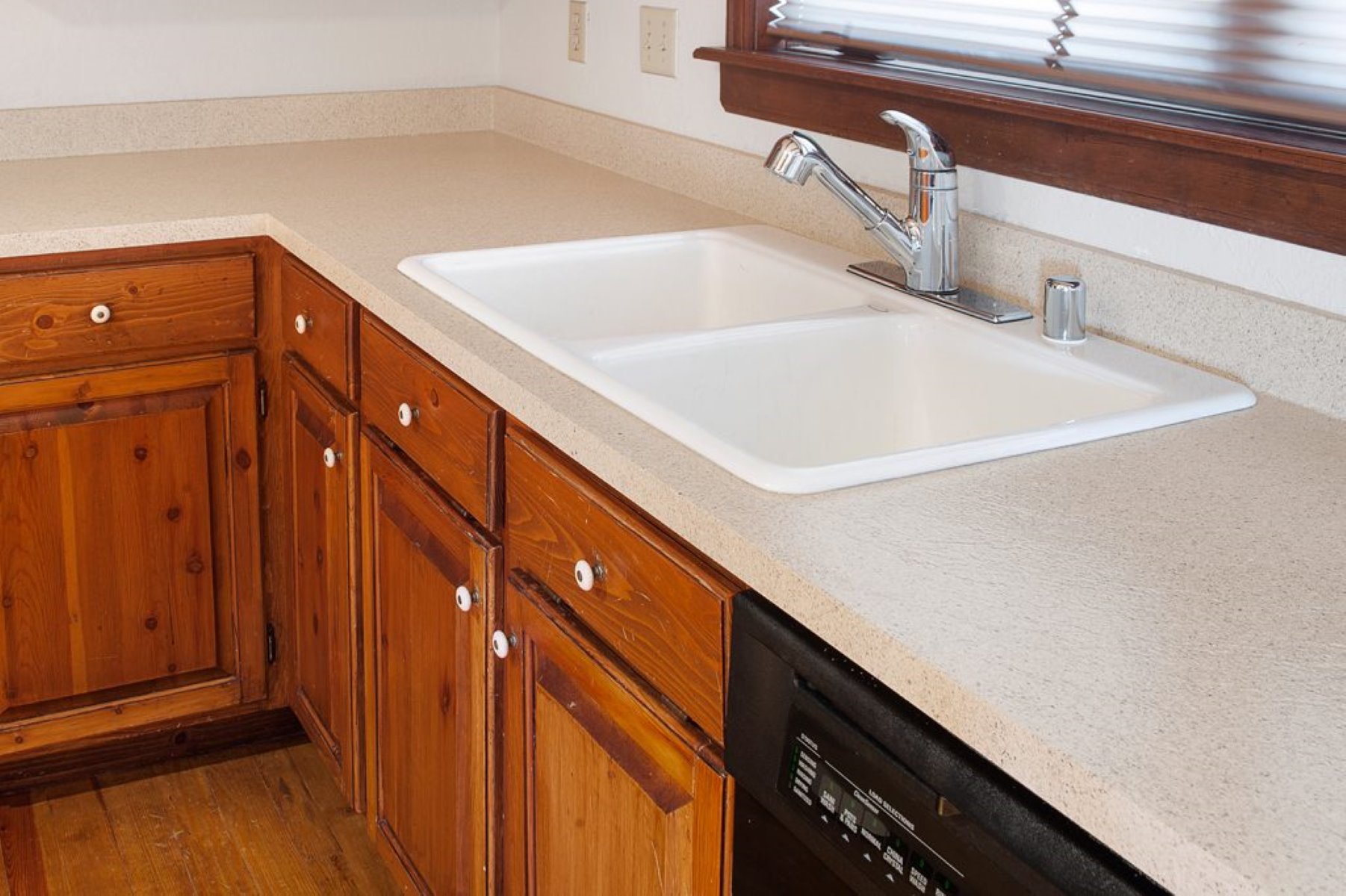
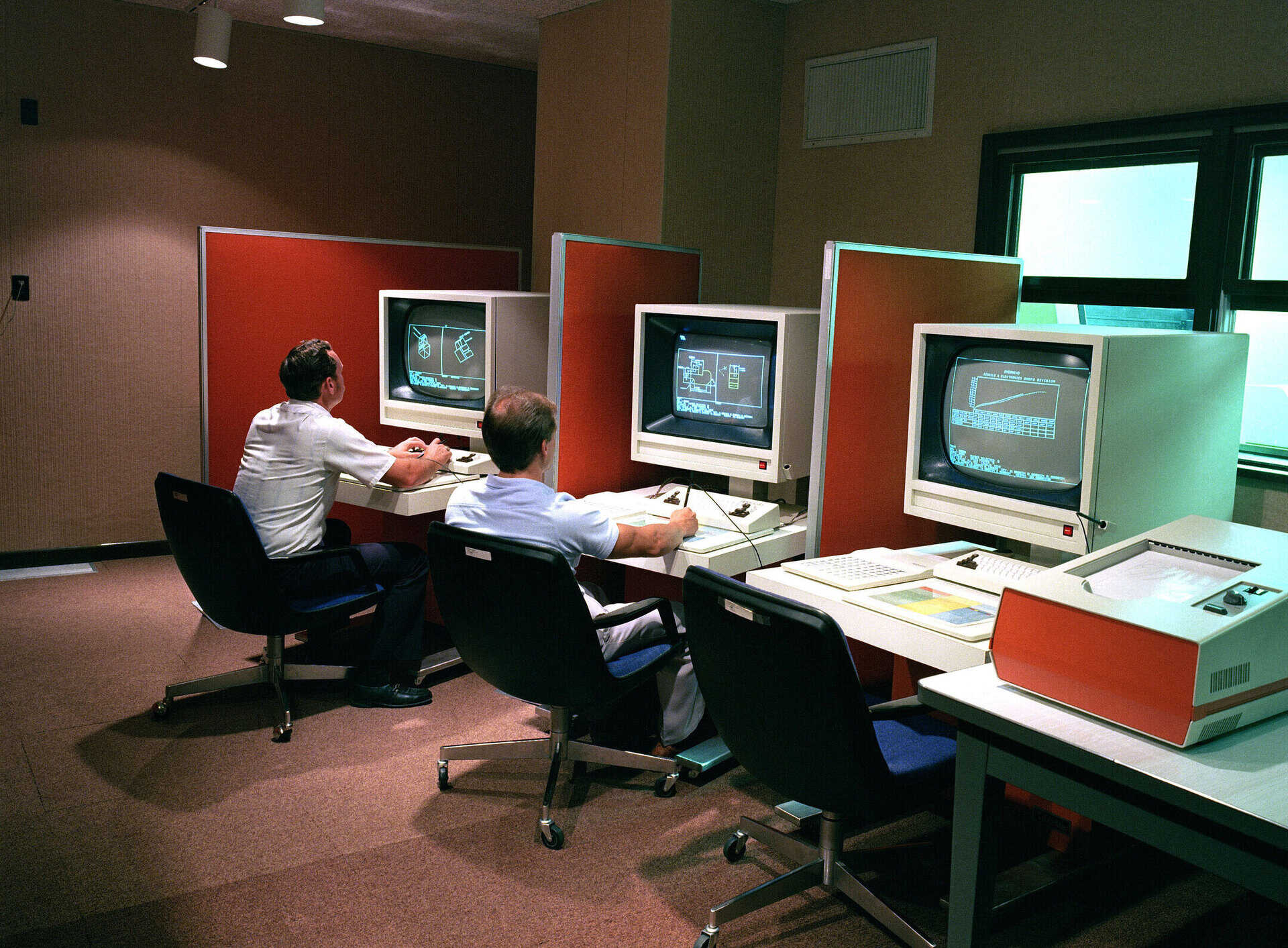

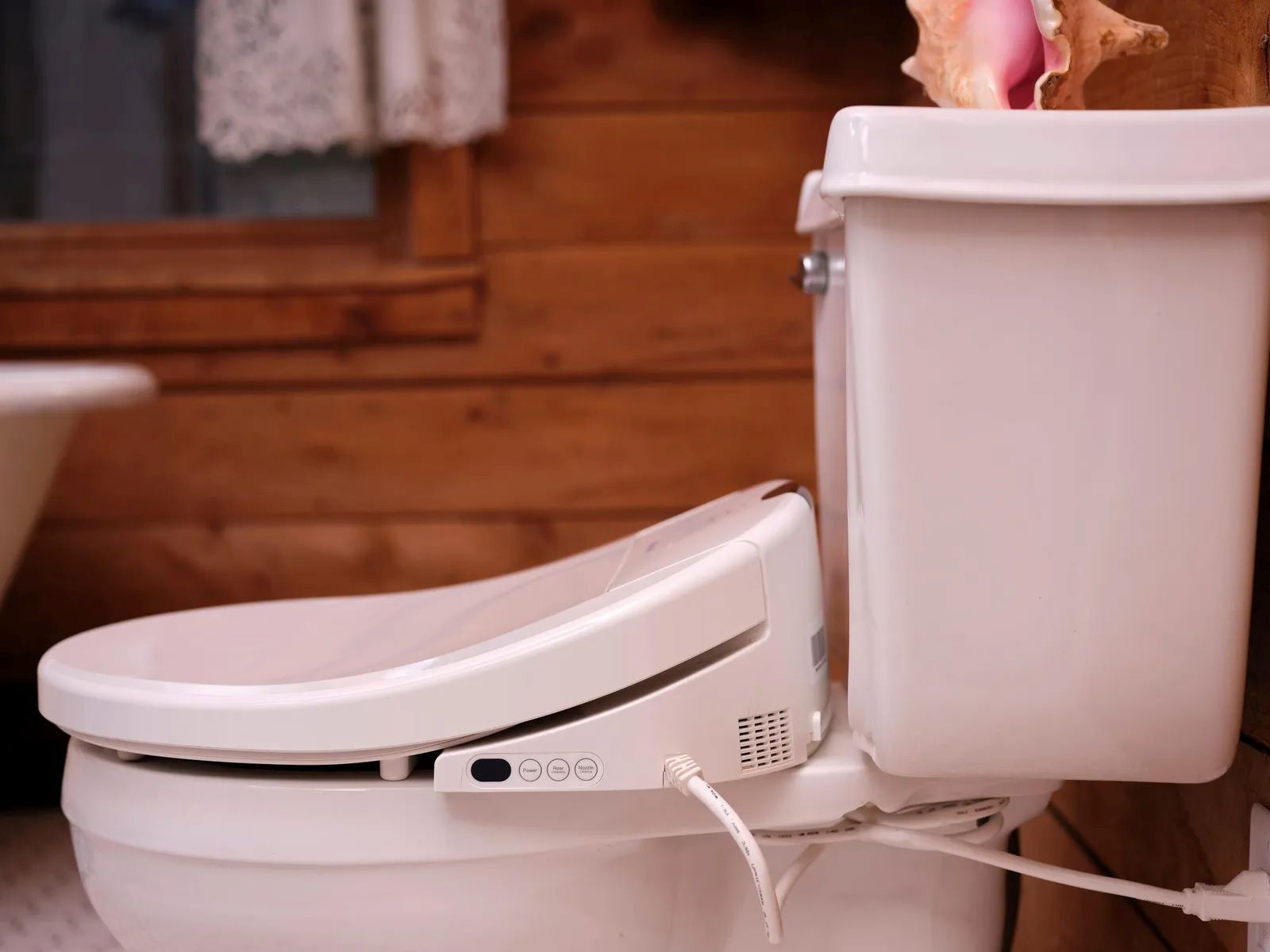

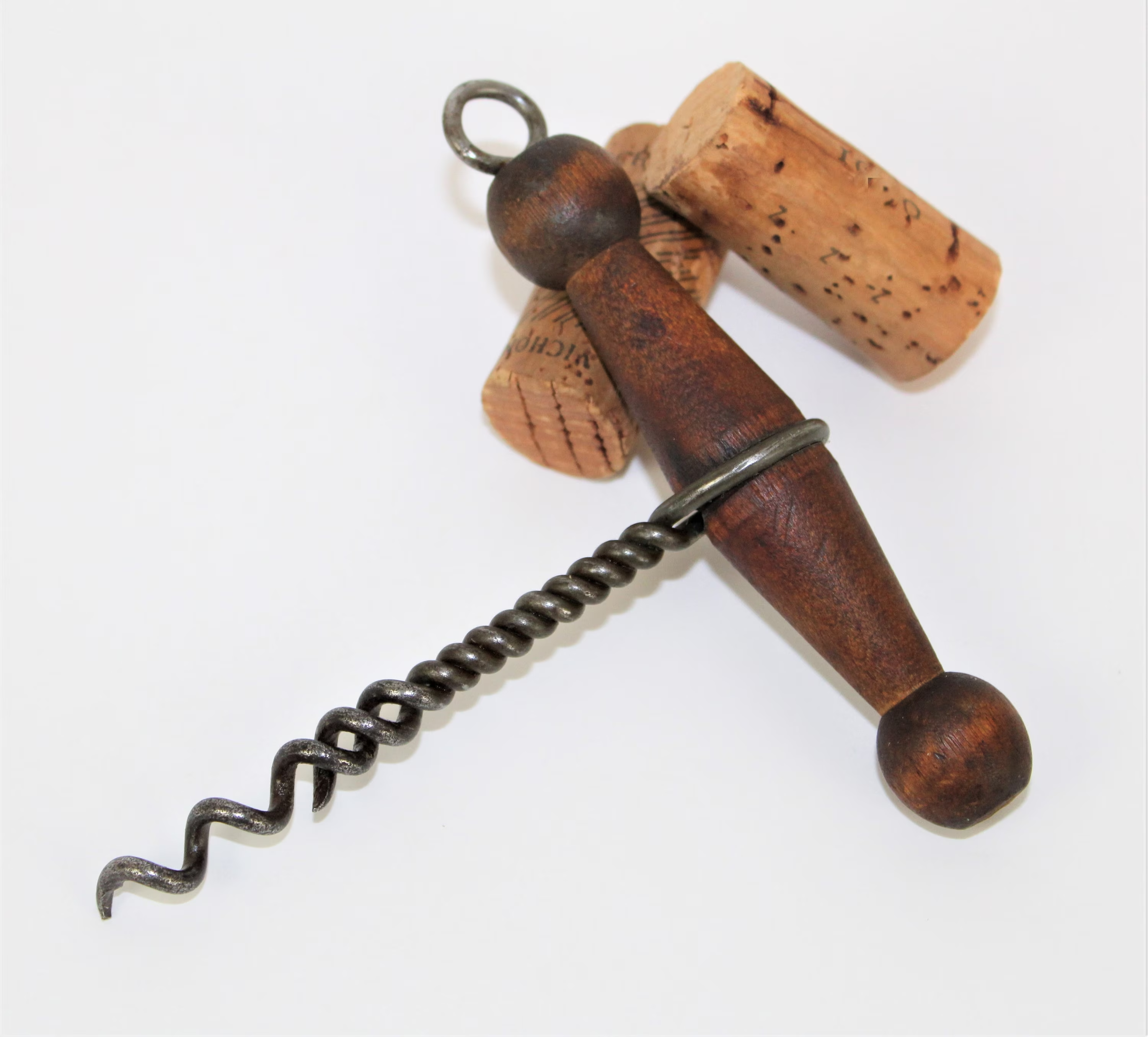

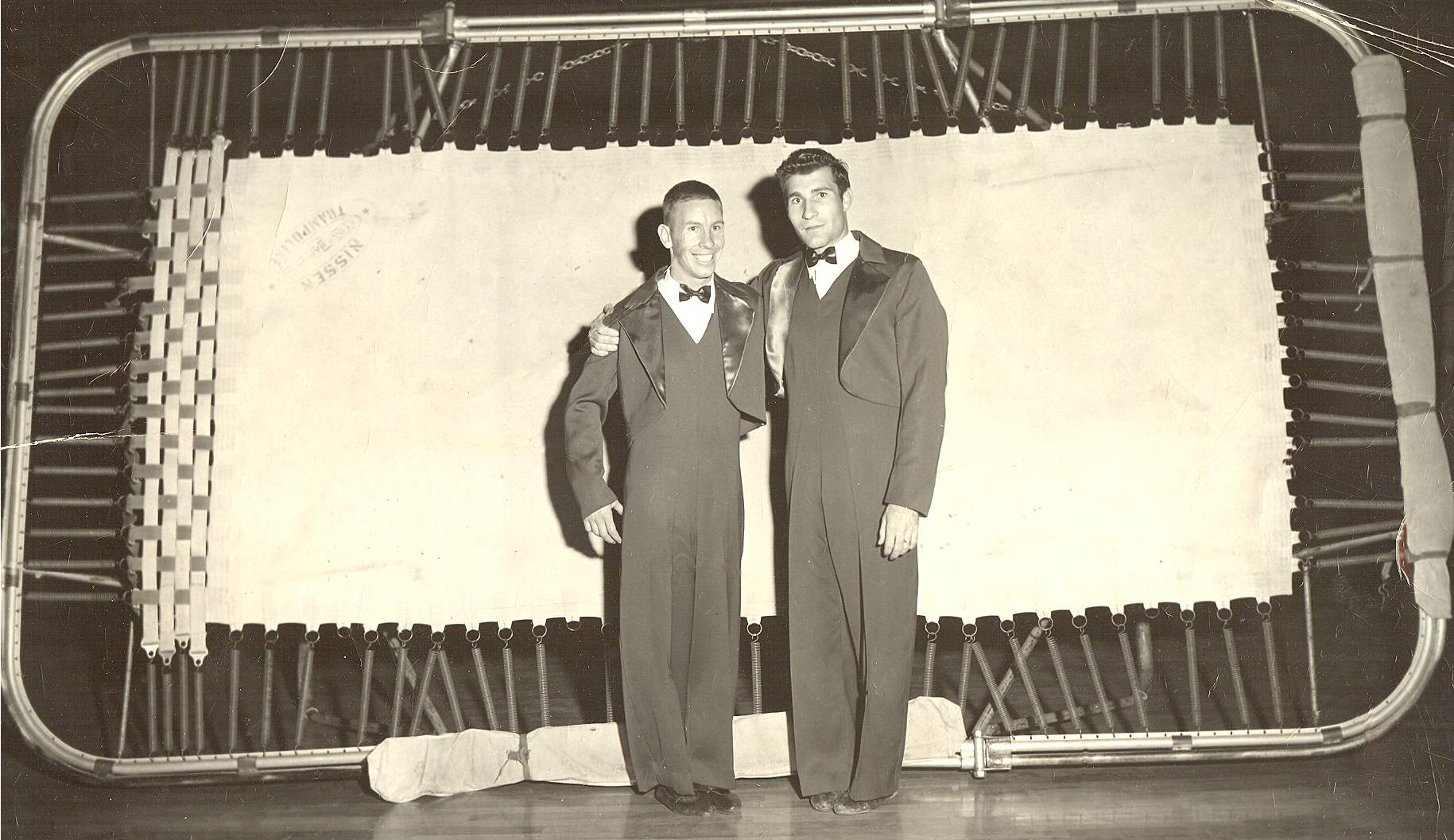
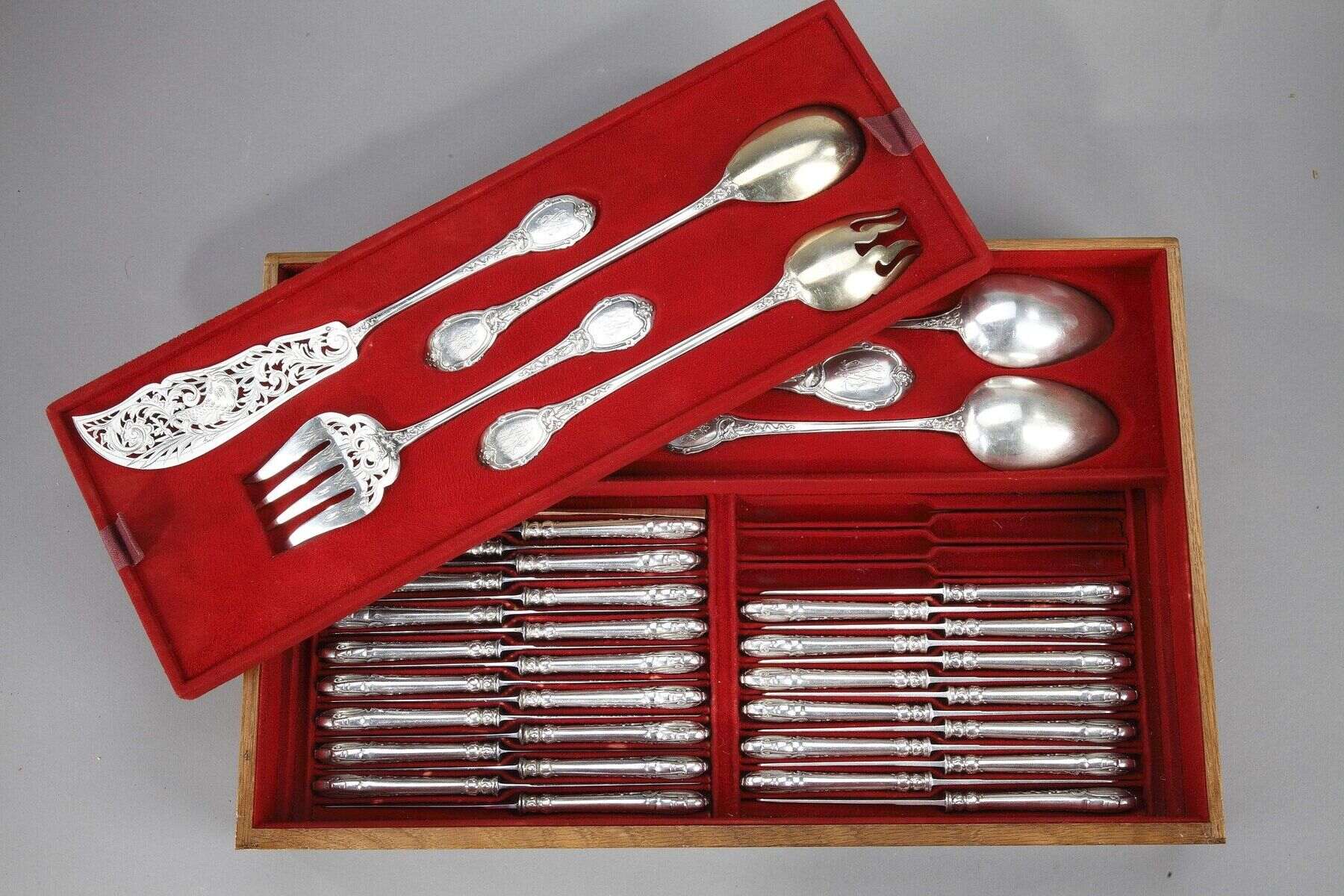



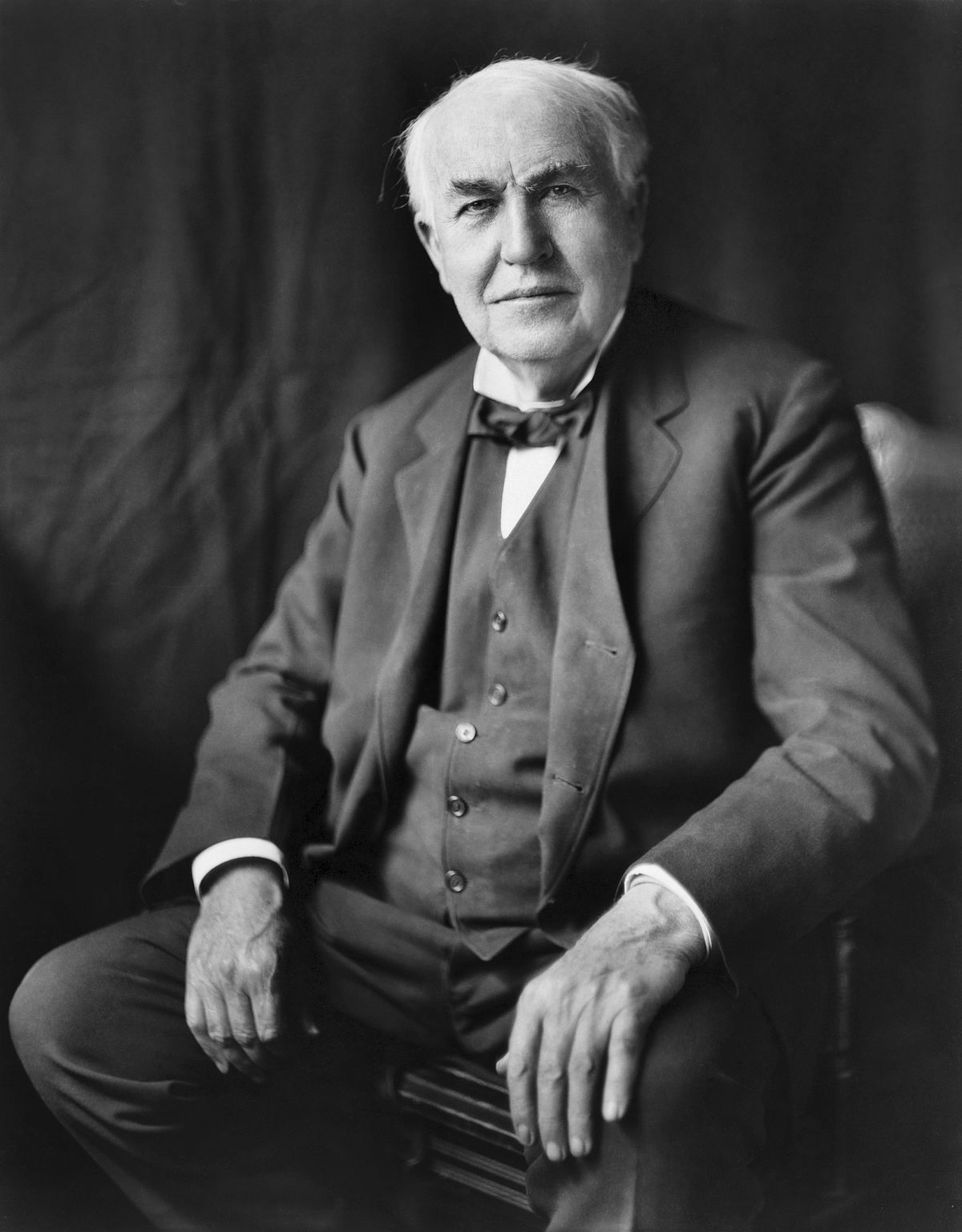


0 thoughts on “Who Invented The Hot Tub”